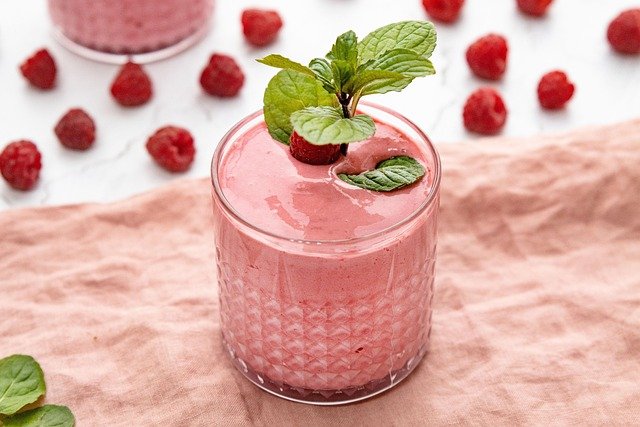A Refreshing Fruit Option Linked to Kidney Health Support
Some fruits are known for their hydration and nutrient content, which may play a role in overall kidney health. This guide explores one fruit gaining attention for its potential benefits, how it can fit into a balanced diet, and why it’s becoming part of wellness conversations.

Which Fruits Support Kidney Health Best?
Watermelon stands out among kidney-friendly fruits due to its high water content and beneficial nutritional profile. This summer favorite contains approximately 92% water, making it an excellent choice for maintaining hydration—a crucial factor in kidney health. Additionally, watermelon is naturally low in potassium and phosphorus, two minerals that often need to be monitored in kidney disease management.
How Does Watermelon’s Nutrition Support Kidney Function?
The nutritional composition of watermelon includes several compounds that may benefit kidney health. It contains lycopene, an antioxidant that helps protect cells from damage, and L-citrulline, an amino acid that supports blood flow. The fruit is also low in sugar compared to many other fruits, making it a suitable option for those who need to monitor their blood sugar levels while supporting kidney function.
What’s the Optimal Frequency for Including Watermelon in Your Diet?
For most people, enjoying watermelon 2-3 times per week as part of a balanced diet can be appropriate. However, portion control remains important. A typical serving size is about 1 cup of cubed watermelon. Those with specific kidney conditions should consult their healthcare provider about the appropriate amount for their situation, as individual needs may vary based on their health status.
How Can You Incorporate Watermelon Into Your Meal Plan?
There are numerous creative ways to include watermelon in your diet beyond simply eating it fresh. Consider these preparation methods:
-
Blend it into a smooth, refreshing juice
-
Create a hydrating fruit salad
-
Freeze small chunks for a cool summer snack
-
Add to savory dishes like fresh salads
-
Make watermelon-based smoothies without high-potassium fruits
What Makes Watermelon Particularly Hydration-Supportive?
The high water content in watermelon helps contribute to overall fluid intake, which is essential for kidney function. This natural hydration source can be especially beneficial during warmer months or for those who struggle to consume enough plain water throughout the day. The fruit’s natural electrolytes also support hydration balance in the body.
A balanced approach to kidney health should include various dietary components, with watermelon serving as just one part of a comprehensive nutrition plan. While this fruit offers promising benefits for kidney support, it’s essential to maintain regular medical supervision and follow professional dietary guidelines for your specific situation.
This article is for informational purposes only and should not be considered medical advice. Please consult a qualified healthcare professional for personalized guidance and treatment.




